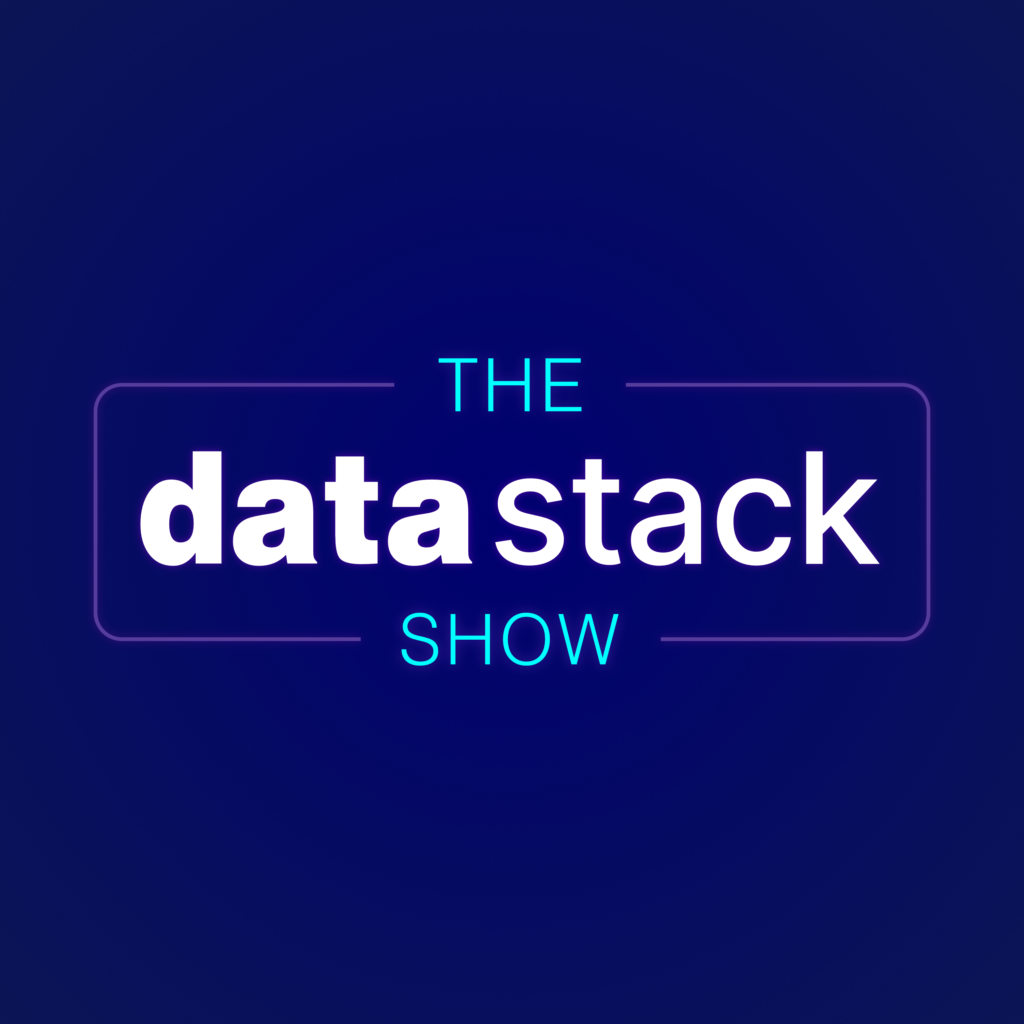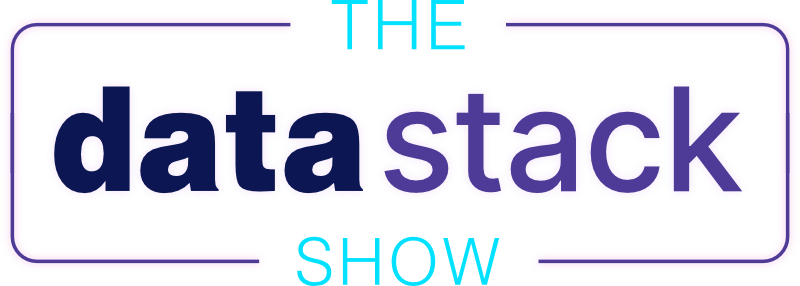
In this bonus episode, Eric and Kostas preview their upcoming conversation with Tasso Argyros of ActionIQ.
The Data Stack Show is a weekly podcast powered by RudderStack, the CDP for developers. Each week we’ll talk to data engineers, analysts, and data scientists about their experience around building and maintaining data infrastructure, delivering data and data products, and driving better outcomes across their businesses with data.
RudderStack helps businesses make the most out of their customer data while ensuring data privacy and security. To learn more about RudderStack visit rudderstack.com
Eric Dodds 00:05
Welcome to The Data Stack Show prequel. This is a short bonus episode where we preview the upcoming show, you’ll get to meet our guests and hear about the topics we’re going to cover. If they’re interesting to you, you can catch the full length show when it drops on Wednesday. We are here on The Data Stack Show with Tasso Argyros. Welcome to the show. We’re so excited to have you.
Tasso Argyros 00:29
Great to be here. I’ve been looking forward to it. Thank you for having me.
Eric Dodds 00:34
All right, well, give us an abbreviated background. So you’re the CEO of ActionIQ, but you’ve done lots of database stuff. So just give us a brief, a brief background.
Tasso Argyros 00:45
Yeah, so I’ve been, you know, I’ve been a database guy, my whole life more or less. My whole professional life, I was, you know, grew up in Greece, where I studied engineering. And then I came to the US. I started a PhD at Stanford to study databases and distributed systems. And about a couple of years into that I dropped out and I started one of the first, third, nothing massively scalable database companies at the time. That was back in the 2000s, it was called Aster data. And Aster was one of the first companies that could deploy very large databases on commodity hardware, right, so much lower cost to store and analyze big amounts of data that was, you know, pre Hadoop, it was around the same time that MapReduce and that stuff was coming out. I sold that to Tara data, which is one of the, you know, a big data warehouse company, at the time, I was the largest enterprise data warehouse company, and spent a few years they’re definitely a great school, in databases in the business of databases. And then, you know, I wanted to do something slightly different. So I left and started actually IQ, were a customer data platform. So there’s definitely a bunch of database technology involved. But at the end of the day, we have a UI. And our goal is to empower the business users, along with the data engineers, so you know, databases were a technical project. And actually, it serves a dual purpose as I like to think about it, you know, which kind of brings us to today, you know, should it be is big, exciting market, and I’m sure we’ll talk about it in the show.
Kostas Pardalis 02:30
Yeah, 100%. And, by the way, it does look like one of the things that like really excites me in, like, the conversation that we are going to have today is like this connection between, like, the data systems like in like, scale, especially in the business use case, and you chose, like, I think, kind of like an extreme use case here. Because we, you have like a problem that from my experience, at least when we are like dealing with customer data at scale, it can be hard, like the data platform that you’re using, and like how to interact with it. But at the same time, you have one of the most like, demanding in a way customers out there, which is marketing people, right? Who have to use these. And they have to use it like in a way that it’s very provable, that brings value to the company. So I’d love to get more into like the connecting like the dots there, how like data systems, and like the evolution of them, like lead, like to today to support these kinds of use cases, and also, how you sold like this very hard product problem, right? It’s one thing like to build a database with terminal, like SQL. It’s another thing to build something that’s someone needs to slice and dice data for marketing campaigns. Right. So that’s something that like, I’m really excited about. That’s right. What’s in your mind? Like, what do you would love to get deeper into like today? Yeah,
Tasso Argyros 04:02
So I think, because what you say is spot on, right? So thing with that said to be, you know, we had our work cut out for us, because, first of all, for the business user, you need to abstract things, enough so that they can do stuff without understanding all the underlying, you know, data, you know, they shouldn’t know SQL, and they shouldn’t be able to know what every table column means right to do work. So you need to abstract things enough or the business user to do the work, but not so much that they can really do that much anymore, right? Because he does practice things to the point of elimination. And the other thing that I think is interesting is that it’s not just the business users, right? So we have the business user persona, but we also have the data engineer and then this person has a database. You know, you have the database users or items in your shopping list using rights. Everybody knows, you know, at least SQL right and people and just and data structures and what the data means. And in our world, some of our users do, but some of our users don’t. Right. So you also have like his mouth users. So it was definitely an interesting problem with Skype what I was looking for. But beyond that, I think it’s interesting to think how the CDP and the database world have been kind of intertwine Right. And, you know, some of the latest trends in the CDP world like composability are enabled. And were created because of how the cloud databases right have evolved in the past few years. I think, database architecture evolution, and CDP evolution kind of go hand in hand even though they’re separate spaces. So I think be very interesting to talk about that and you know, what is the CDP right and which so you know, hours of debate, right? I can take place in that what you say composable set up all this stuff is fascinating to discuss. Yep,
Kostas Pardalis 06:02
That’s super interesting. I can’t wait like to get into the details here.
Eric Dodds 06:06
Yeah, let’s dig in. All right. That’s a wrap for the prequel. The full length episode will drop Wednesday morning. Subscribe now so you don’t miss it.

Each week we’ll talk to data engineers, analysts, and data scientists about their experience around building and maintaining data infrastructure, delivering data and data products, and driving better outcomes across their businesses with data.
To keep up to date with our future episodes, subscribe to our podcast on Apple, Spotify, Google, or the player of your choice.
Fill out the form below to get a monthly newsletter from The Data Stack Show team with a TL;DR of the previous month’s shows, a sneak peak at upcoming episodes, and curated links from Eric, Kostas, & show guests.